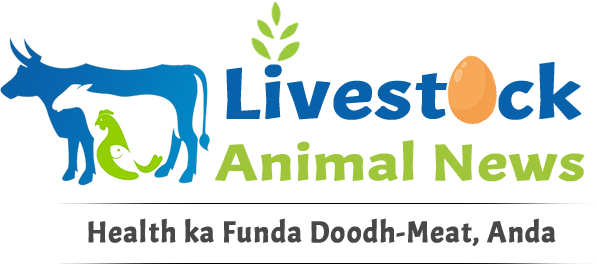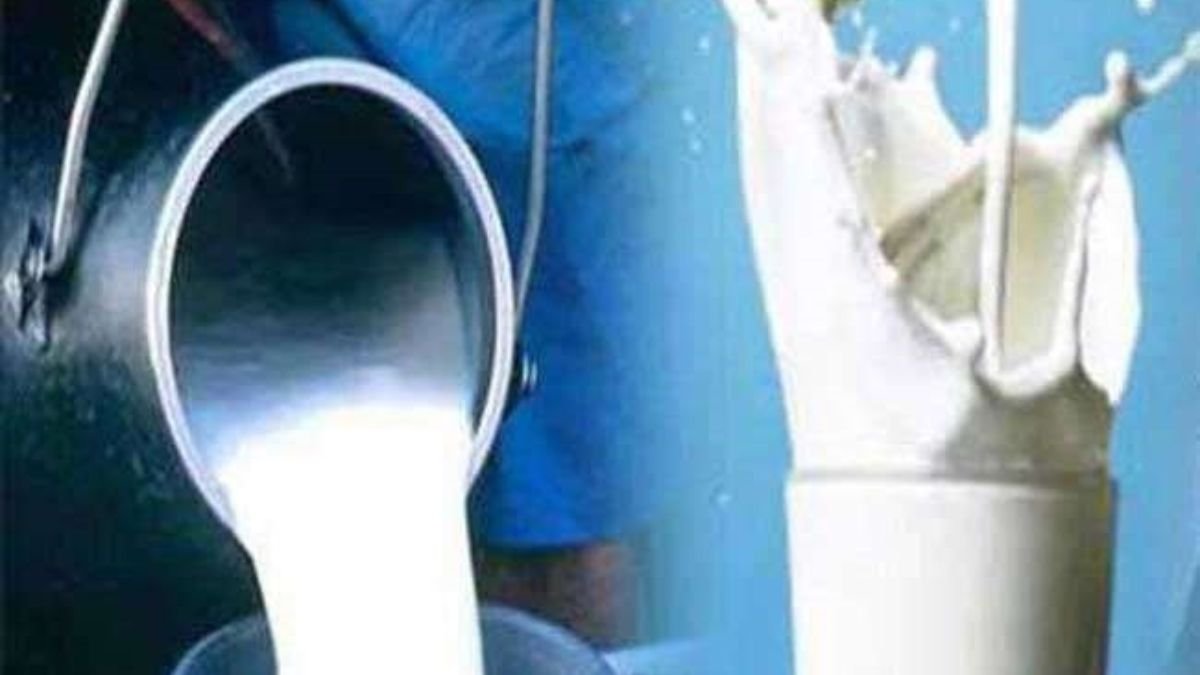New Delhi. The Government of India enacted Food Safety and Standards (FSS) Act- 2006 to unify food related laws and establish the Food Safety and Standards Authority of India (FSSAI). The FSSAI sets science-based standards for food articles and regulates their manufacture, storage, distribution, sale and import to ensure availability of safe and wholesome food for human consumption. The implementation and enforcement of FSS Act are carried out by FSSAI through Food Safety Commissioners of State Governments and Union Territory Administrations. FSSAI, via its regional offices for centrally regulated food businesses and in collaboration with States/UTs, conducts regular monitoring activities such as inspections, audits, surveillance, and random sampling to ensure compliance with the Act and its regulations. In FY 2023-24, FSSAI introduced the “National Annual Surveillance Plan”. Additionally, States /UTs conduct independent surveillance and enforcement measures tailored to their local needs, food trends, consumption patterns, and issues like adulteration. FSSAI also conducts periodic Pan-India Surveillance, focussing on staple foods and other commodities susceptible to adulteration.
According to FSSAI, Mobile Food Testing Laboratory (MFTL), also known as “Food Safety on wheels” (FSW), play a crucial role in expanding food testing, training, and awareness programs, particularly in villages, towns, and remote areas. At present, 285 FSWs are operational across 35 States and Union Territories. These Units are equipped with essential infrastructure, including “Milk-o-Screen” equipment, for on spot testing of key quality parameters viz., Fat, SNF, protein, and adulterants like added water, urea, sucrose, maltodextrin and ammonium sulphate. Additionally, FSWs are capable of performing basic adulteration tests for other food products as well.
Under the provisions of the Food Safety and Standards Act, 2006, Food Business Operators (FBOs) are primarily responsible for ensuring full traceability of food products, from raw material procurement to the delivery of finished goods to consumers. They must maintain proper records and documentation throughout the supply chain to uphold transparency, accountability, and safety. Compliance with these requirements is verified during inspections and audits, and appropriate regulatory action are taken in case of violations.
Additionally, the Department of Animal Husbandry & Dairying implements the national Programme for Dairy Development (NPDD), which focuses on establishing and enhancing infrastructure for quality milk testing equipment and primary chilling facilities. The NPDD also provides financial support to cooperatives and milk producer institutions for purchasing Automatic Milk Collection Units (AMCU) and Data Processing Milk Collection Units (DPMCU), ensuring transparency in milk collection at the village level.
The Food Safety and Standards Authority of India (FSSAI) has established standards for milk and milk products under the Food Safety and Standards (Food Products Standards and Food Additives) Regulations, 2011. These standards apply uniformly to all Food Business Operations (FBOs), including dairy cooperatives, across the country to ensure compliance. When developing new standards or amending existing ones, FSSAI releases draft notifications to solicit feedback and suggestions from the general public and stakeholders. The feedback received, including input from dairy cooperatives, is thoroughly reviewed and considered during the standard-setting process.
This information was given by Union Minister of State, Ministry of Fisheries, Animal Husbandry and Dairying, Prof. S.P. Singh Baghel, in a written reply in Lok Sabha on March, 2025.
















Leave a comment